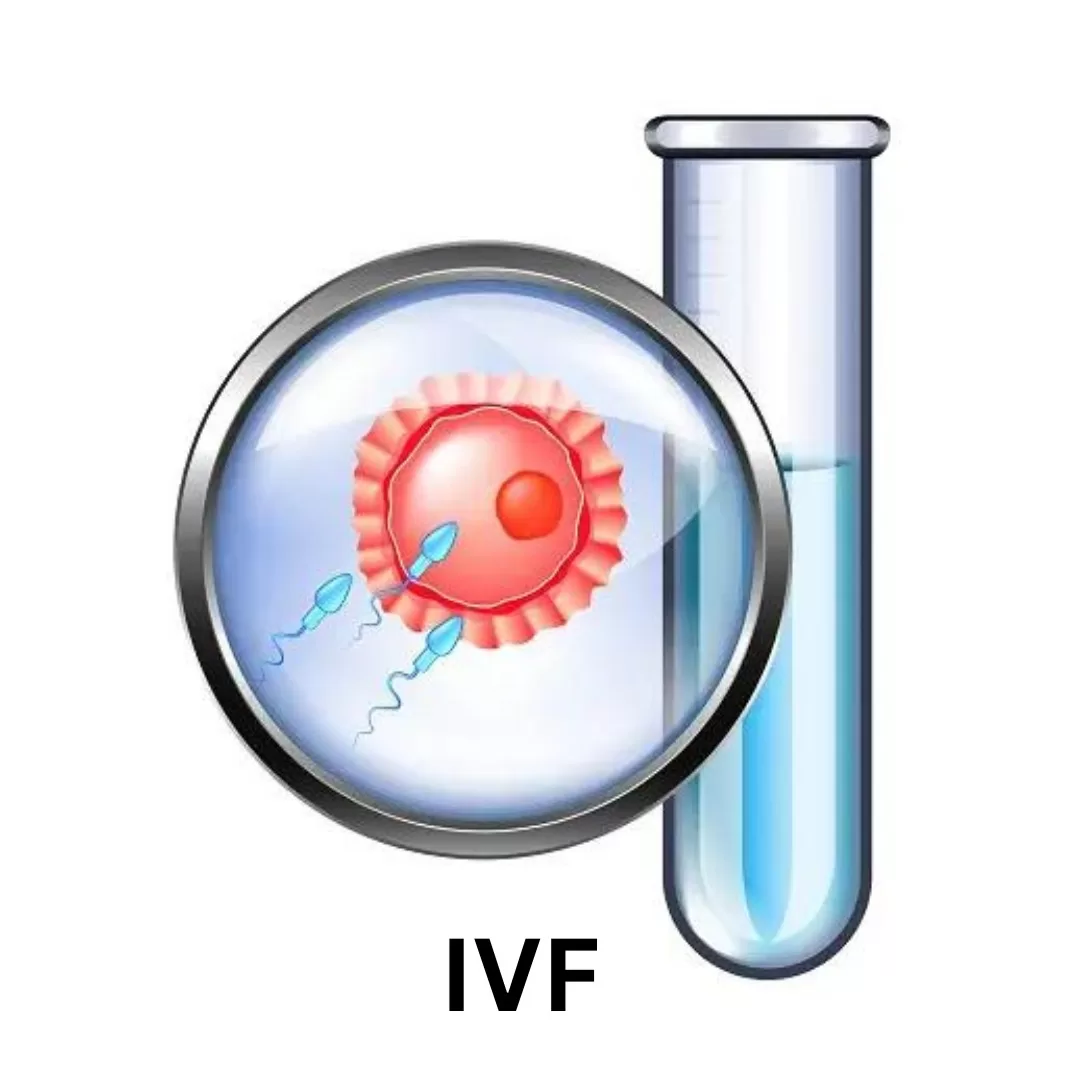Age and IVF Success: Can Age Affect The Success Of Your IVF Treatment?
Embarking on the journey of In Vitro Fertilization (IVF) is a profound decision that often intertwines hope, uncertainty, and a multitude of emotions. Among the myriad factors influencing IVF success, age emerges as a critical player, significantly impacting the odds of a positive outcome. In this exploration of the intricate relationship between age and IVF success, Dr. Kajal Mangukiya, one of the best gynaecologists in Surat, delves into the biological nuances, statistical insights, and the empowering knowledge that can guide individuals on this path to parenthood.
The Biological Clock:
The biological clock ticks steadily, influencing fertility in both men and women. However, for women, the age factor is particularly important, as emphasized by a doctor at one of the best infertility hospitals in Surat. As women age, the quantity and quality of their eggs naturally decline, impacting the likelihood of conception. This decline becomes more noticeable after the age of 35, with a more significant drop observed in the late 30s and early 40s.
- Egg Quantity: The ovarian reserve, representing the quantity of eggs a woman has, diminishes with age. A lower ovarian reserve can affect the number of viable eggs available for fertilization during IVF, directly impacting the chances of a successful treatment cycle.
- Egg Quality: Beyond quantity, the quality of eggs also diminishes with age. Older eggs are more prone to chromosomal abnormalities, increasing the risk of miscarriage and reducing the likelihood of a successful embryo implantation.
Statistical Realities:
Numerous studies and fertility clinics consistently highlight the correlation between age and IVF success rates. According to our experts at Orkid hospital & IVF centre, one of the best IVF centres in Surat, understanding these statistical realities can empower individuals to make informed decisions and manage expectations throughout the IVF journey.
- Under 35 Years Old: Women under the age of 35 generally experience higher success rates with IVF. The likelihood of a live birth per IVF cycle for this age group often exceeds 40%, offering a more optimistic outlook for those beginning fertility treatments at a younger age.
- 35–37 Years Old: As women enter their late 30s, IVF success rates begin to decline. However, individuals in this age bracket still have reasonable chances of success, with live birth rates ranging from 30% to 35% per cycle.
- 38–40 Years Old: The late 30s and early 40s mark a critical juncture where IVF success rates continue to decrease. Women in this age range may face success rates ranging from 20% to 25% per cycle, emphasizing the importance of timely intervention and realistic expectations.
- Over 40 Years Old: For women over 40, IVF success rates decline further. The odds of a live birth per cycle often fall below 10%, underlining the challenges associated with fertility treatments at an advanced age.
Factors Beyond Age:
While age undeniably plays a pivotal role, it’s crucial to recognize that other factors can influence IVF success, explains our fertility expert at Orkid hospital & IVF centre, one of the best IVF hospitals in Surat. These include overall health, lifestyle choices, underlying medical conditions, and the specific reasons for infertility. A holistic approach to fertility management, considering both age and these additional factors, can contribute to a more nuanced understanding of the potential outcomes.
- Male Factor Infertility: It’s essential to acknowledge that male factor infertility contributes significantly to overall fertility challenges. In cases where male infertility is a factor, age-related decline may not be as prominent. Addressing both partners’ fertility health is integral to achieving the best possible IVF outcomes.
- Lifestyle Factors: Smoking, excessive alcohol consumption, obesity, and poor diet can negatively impact fertility. Regardless of age, adopting a healthy lifestyle can positively influence IVF success rates. Maintaining a balanced diet, regular exercise, and avoiding harmful habits contribute to overall reproductive well-being.
Navigating the IVF Journey at Different Ages:
Understanding how age influences IVF success can guide individuals in tailoring their fertility treatment plans to align with their unique circumstances.
- Early 30s and Below: Younger individuals may have the luxury of time on their side, allowing for a more conservative approach to fertility treatments. However, proactive steps and early intervention can contribute to higher success rates, especially if underlying fertility issues are identified and addressed promptly.
- Late 30s to Early 40s: Individuals in this age range face a delicate balance between optimizing chances for success and recognizing the potential challenges associated with age-related fertility decline. Consulting with fertility specialists, exploring personalized treatment plans, and managing expectations become paramount during this phase.
- Over 40: While the odds may be more challenging for those over 40, success is still attainable. However, individuals in this age group may benefit from a more aggressive and proactive approach, potentially involving advanced reproductive technologies and considering donor egg options.
In brief:
Age and IVF success are undeniably intertwined, with age acting as a significant determinant of fertility outcomes. Acknowledging the impact of age, understanding the statistical landscape, and embracing a comprehensive approach to fertility management empower individuals to make informed decisions on their path to parenthood.
As the landscape of fertility treatments evolves, ongoing research and advancements offer hope and possibilities for individuals at various stages of life. While age may present challenges, it’s crucial to approach the IVF journey with resilience, informed decision-making, and a supportive network that understands the complexities of the fertility landscape. One should not shy away from consulting our specialists at Orkid hospital & IVF centre, one of the best test tube baby centres in Surat, as navigating the delicate dance between age and IVF success, individuals can embark on their parenthood journey with knowledge, empowerment, and a steadfast commitment to realizing their dreams of building a family.











